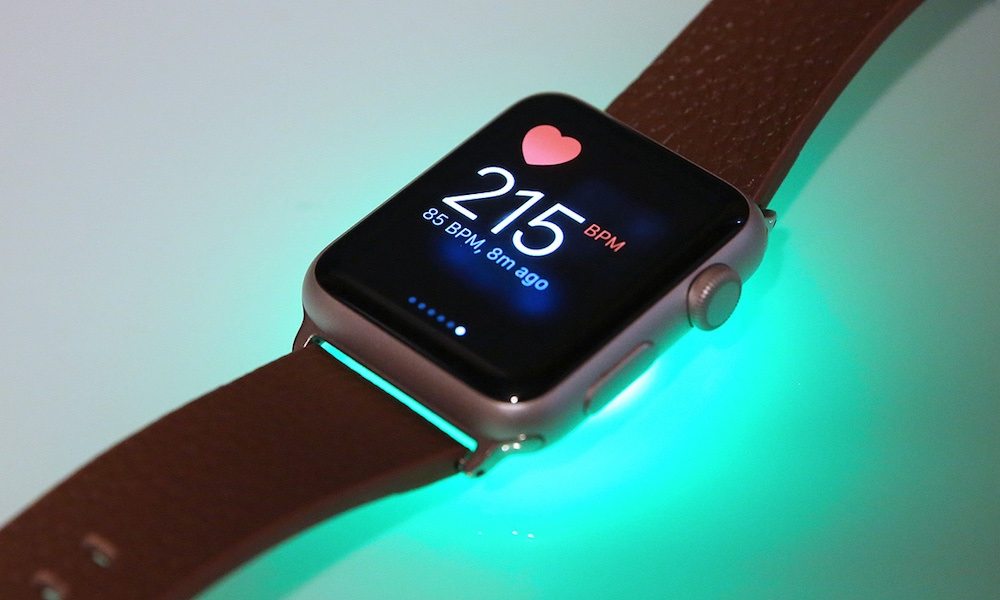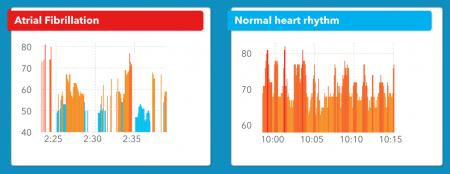Apple Watch Detects Heart Problems with Incredible 97% Accuracy
 Credit: 9to5Mac
Credit: 9to5Mac
Image via Cult of Mac
Toggle Dark Mode
The Apple Watch is 97% accurate in detecting the most common abnormal heart rhythm, according to the findings of a new study conducted by researchers at the University of California, San Francisco, whose goal was to determine if the wearable could one day aid in stroke prevention.
The UCSF Health eHeart study, which was conducted in large part via the Cardiogram app for iOS, examined 6,158 participants — all of whom had normal electrocardiogram (EKG) readings, with the exception of 200 individuals who had previously been diagnosed with paroxysmal atrial fibrillation. By implementing a self-developed, AI-based algorithm, researchers and biomedical engineers were then able to train a deep neural network to identify these abnormal heart rhythms utilizing data collected via the Apple Watch’s heart rate monitor.
While the overall eHeart study is more far-reaching, and examines a number of variables including heart rate, blood pressure, behavior, diet, genetics and more, the inherent portion of the Cardiogram-based inquiry was initiated back in 2016, with the primary intent of discovering whether or not the Apple Watch could detect an oncoming stroke.

According to Cardiogram’s co-founder and leading data scientist, Brandon Ballinger, approximately 25% of all strokes are caused by an abnormal heart rhythm such as the more commonly occurring abnormality, Atrial Fibrillation. By comparing its self-constructed “deep neural network” against a total of 51 in-hospital cardioversions (a procedure that was developed to help restore the heart’s normal rhythm), the team’s neural network was able to detect irregular heart activity with 97% accuracy using an Apple Watch.
What Do These Findings Mean for the Future?
Although the Cardiogram-based leg of the eHeart study was conducted on a preliminary model, the findings, UCSF researchers noted, ultimately hold great promise for the future and could pave the way for the average user to one day be able to identify, and even prevent, a stroke using a device like Apple Watch.
Notably, according to Ballinger, more and more people today are utilizing wearable devices that also double as heart rate monitors. Therefore, if researchers are able to create more widely-employable algorithms for the sake of identifying stroke, or even other cardiovascular abnormalities using a device like Apple Watch, they could ultimately save lives — particularly among older, more at-risk constituents of the general population.
In the interim, according to Cardiogram, its team at UCSF will continue their work on the eHeart study, and plan on further validating the efficacy of their self-developed neural network “against multiple gold standards, incorporating the results into the Cardiogram app itself, and investigating the ability to detect health conditions beyond atrial fibrillation.”






